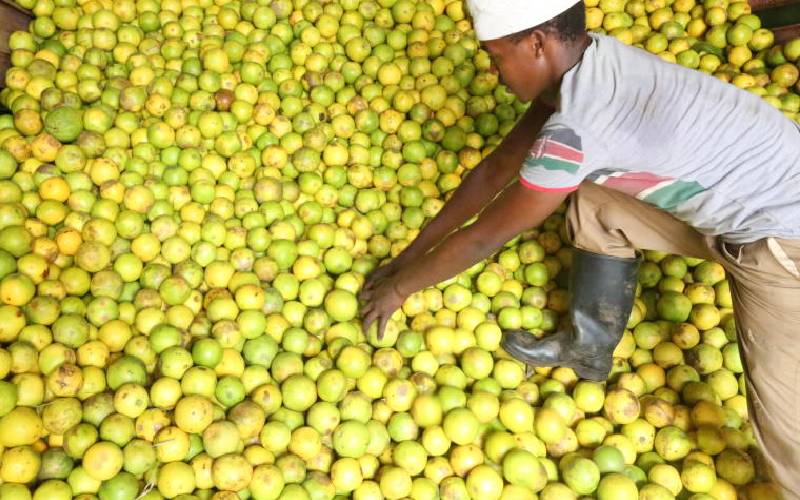×
The Standard e-Paper
Home To Bold Columnists

Issa Khamisi from Tanzania offload oranges fruits from a lorry at Karatina Market in Nyeri.[File,Standard]
When it comes to trade relations with its neighbours, Kenya appears like it is always crying foul over unfair trade practices.







